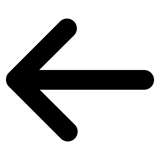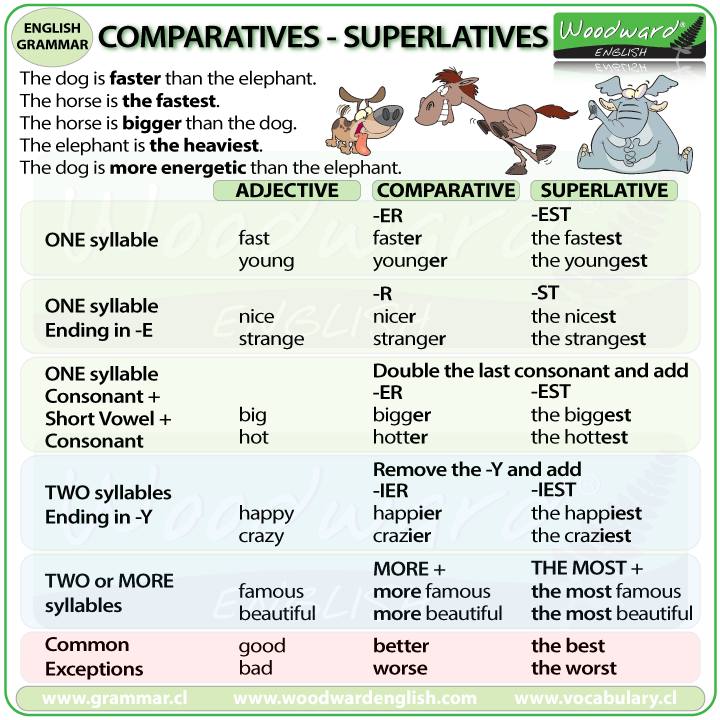LESSON 7.3 | GIVING DIRECTIONS
Giving and asking directions English lesson
This lesson you will be learning how to give directions to another person when they ask you for directions on how to go somewhere. and also give examples of how to ask for directions as well.
Important verbs and prepositions when giving directions

Asking somebody for directions
** Hint The key words are highlighted **
Questions you can ask about directions
Can you please tell me how I can get to Oxford Street?
Where is the nearest supermarket?
How can I get to the local market?
I'm trying to get to Downing Street.
How do I get to the office?
What's the best way to get to your house next ?
Where is Mc Donalds can you tell me please?
How to give directions to somebody else
 Go straight on till you see the hospital then turn left.
Go straight on till you see the hospital then turn left.
Turn back, you have gone past the turning.
Turn left when you see a roundabout.
Turn right at the end of the road and my house is number 67.
Cross the junction and keep going for about 1 mile.
Take the third road on the right and you will see the office on the right
Take the third road on the right and you will see the shop on the left
Take the second road on the left and you will see the house on the left
Take the second road on the left and you will see the hospital straight ahead
The hospital is opposite the railway station.
The shop is near the hospital.
The house is next to the local cricket ground.
The shop is in between the chemist and KFC.
At the end of the road you will see a roundabout.

At the corner of the road you will see red building.
Just around the corner is my house you will need to stop quickly or you will miss it.
Go straight on at the traffic lights.
turn right at the crossroads.
Follow the signposts for Manchester.
Giving directions conversation
When giving directions to someone it is best to use short basic English sentences. Speak slowly when talking to the other person and spell out words if they don't understand and if possible draw a map.Mr Bean : - Please tell me how I get to your apartment?
Mrs Smith: - Are you coming by car or by bus?
Mr Bean : - I am coming by car.
Mr Bean : - Please could you tell me the easiest way of getting to your apartment?
Mrs Smith: - Take the M6 to Manchester and come of at junction 6
Mr Bean : - Manchester can you spell that for me
Mrs Smith: - M a n c h e s t e r
Mr Bean : - Thanks
Mrs Smith: - OK, then turn right at the roundabout and take the first left my house is on the left next to the local food store.
Mr Bean : - Is that the quickest way of getting to your apartment?
Mrs Smith: - Yes, it is the quickest way by car.
Mr Bean : - Would you draw me a map please I don't know the area.
Mrs Smith: - Yes.
Mr Bean : - Thanks.

